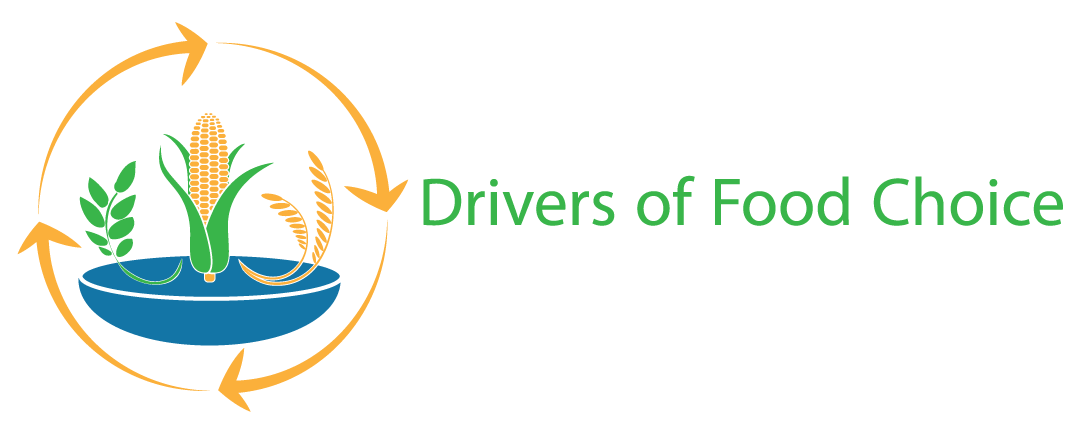Do Agricultural Input Subsidies on Staples Reduce Dietary Diversity?

Abstract
There has been a resurgence of interest in agricultural input subsidy (AIS) programmes to boost agricultural productivity and food security. However there is considerable debate regarding the effectiveness and efficiency of AIS investments, including their impact on nutrition. AIS are almost always applied to production of staple crops and aim to increase their productivity and smallholder incomes, usually also with nutrition objectives. However, the overall impact on nutrition is unclear, not least because staples tend to be calorie-dense but low in other nutrients. AIS targeting maize, for example, may lead to increased concentration of production and consumption of maize and could reduce the intake of nutrient-rich foods. Alternatively, if the maize prices fall in real terms, this may enable consumers to purchase other goods including other food items. There is little evidence to determine the direction of impact. The aim of this research is to examine the impact of Malawi’s AIS programme targeting mostly maize on overall food choices, by examining not just price and consumption of maize but crucially the effects of the AIS programme on consumption of other foods. It will also explore the wider context of food preferences and trade-offs, including by gender and socio-economic status.
Lead Institution
- London School of Hygiene and Tropical Medicine
Collaborating Institutions
- School of Oriental and African Studies, University of London
- University of Malawi
Principal Investigator(s)
- Helen Walls, PhD, Assistant Professor, London School of Hygiene & Tropical Medicine, and Leverhulme Centre for Integrative Research on Agriculture & Health
Co-Investigator(s)
- Deborah Johnston, PhD, Reader in Development Economics, School of Oriental and African Studies, University of London, and Leverhulme Centre for Integrative Research on Agriculture & Health
- Richard Smith, PhD, Professor/Dean of Faculty of Public Health and Policy, London School of Hygiene & Tropical Medicine
- Tayamika Kamwanja, MA, Lecturer in Economics, University of Malawi
- Jacob Mazalale, PhD, Lecturer in Health Economics, Chancellor College of the University of Malawi
- Mirriam Matita, MA, Lecturer at Lilongwe University of Agriculture and Natural Resources
Journal Publications
- Walls H, Johnston D, Matita M, Chirwa E, Mazalele J, Quaife M, Kamwanja T, Smith R. How effectively might agricultural input subsidies improve nutrition? A case study of Malawi’s Farm Input Subsidy Programme (FISP). Food Sec. (2022). https://doi.org/10.1007/s12571-022-01315-7
- Matita M, Chiwaula L, Chirwa EW, Mazalale J, Walls H. (2022). “Subsidizing improved legume seeds for increased household dietary diversity: Evidence from Malawi’s Farm Input Subsidy Programme with implications for addressing malnutrition in all its forms.” Food Policy. 102309.
- Matita M, Chirwa E, Johnston D, Mazalale J, Smith R, Walls H (2021). “Does household participation in food markets increase dietary diversity? Evidence from rural Malawi.” Global Food Security, 28, 100486.
- Walls H, Johnston D, Mazalale J, Chirwa E. (2018). “Why we are still failing to measure the nutrition transition.” BMJ Global Health, 3:e000657.
Posters & Presentations
- “Political economy of Malawi’s Farm Input Subsidy Programme and its dietary impact” By Walls H, Johnston D, Matita M, Kamwaja T, Smith R, Nanama S. 5th Agriculture, Nutrition & Health (ANH) Academy Week, June 30 – July 2, 2020. ([pdf])
- “Does Malawi’s Farm Input Subsidy Programme (FISP) improve dietary diversity?” By Walls, H. 4th Agriculture, Nutrition & Health (ANH) Academy Week, Hyderabad, India, 24–28 June 2019.
- “Has the provision of legume seeds subsidies affected dietary diversity? Household survey evidence from Malawi Farm Input Subsidy Program (FISP).” By Matita, M. 4th Agriculture, Nutrition & Health (ANH) Academy Week, Hyderabad, India, 24–28 June 2019.
- “Comparing individual and household dietary diversity measures: Experience from fieldwork in rural Malawi.” By Matita M (presenter), Walls H, Mazalale J, Chirwa E, Johnston D. 3rd Agriculture, Nutrition & Health (ANH) Academy Week, Accra, Ghana, 25-29 June 2018.
- “Does household participation in food markets increase dietary diversity? Evidence from rural Malawi.” By Chirwa E (presenter), Johnston D, Mazalale J, Matita M, Walls H. 3rd Agriculture, Nutrition & Health (ANH) Academy Week, Accra, Ghana, 25-29 June 2018.
- “Impact of agricultural input subsidy programmes in Malawi on end-points in the causal pathway to nutrition and related health: A systematic review.” By Walls H, Mazalale J, Katsande A, Johnston D, Chirwa E, Matita M, Smith R. 3rd Agriculture, Nutrition & Health (ANH) Academy Week, Accra, Ghana, 25-29 June 2018.
- “Designing a discrete choice experiment to understand food choice based on maize price variations in rural Malawi.” By Mazalale J. 3rd Agriculture, Nutrition & Health (ANH) Academy Week, Accra, Ghana, 25-29 June 2018.
Briefs
Research Brief
- Walls H, Chirwa E, Matita M, Mazalale J, Kamwanja T, Johnston D, Smith R. (2020). “Do Agricultural Input Subsidies on Staples Reduce Dietary Diversity?”
Other
Open Access Data
Webinar Presentation
- “Understanding how and why people make food choices in LMIC for promotion of sustainable healthy diets” By Christine Blake, Helen Walls, Mirriam Matita, and Sigrid Wertheim-Heck.
Blogs
- DFC blog by Salomy Chawantha (Research Assistant): ‘I haven’t eaten in three days’: Understanding personal experience of food insecurity in rural Malawi
- DFC blog by Gift Masala, Bridget Masanche, and Masiye Mazalale (field team): Collecting data on agricultural policy, food choice and dietary diversity in rural Malawi
- DFC blog by Helen Walls (PI): Observations from the field: Agri-nutrition research in Malawi
